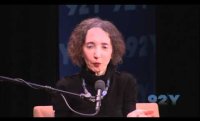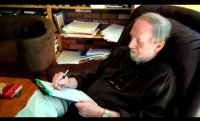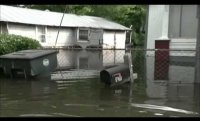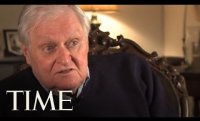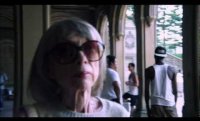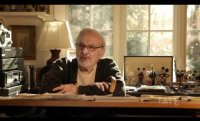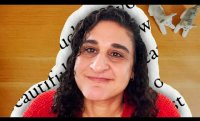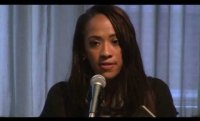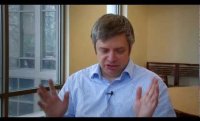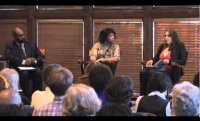Joyce Carol Oates With Henri Cole at 92Y
“We tend to write about things that surprise us.” In this 2011 clip from a 92Y event in New York City, Joyce Carol Oates reads from and discusses the experience of writing her memoir A Widow’s Story (Ecco, 2011) with poet and essayist Henri Cole.






